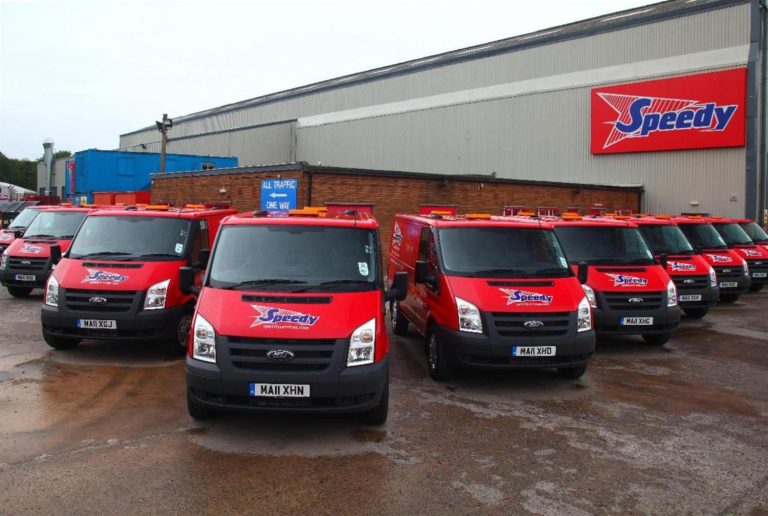The government has slashed green regulation since taking power this year, with residential sustainability hit particularly hard. But given the UK’s ambitious targets for both emissions and housing, the newly launched Homes School is aiming to step into the breach that government has vacated. Homing in Shifting sands Building knowledge Volume gap It’s not been a great year for housing sustainability – in policy terms at least. The Green Deal and zero-carbon homes have both been scrapped, feed-in tariffs look set to be cut, and the Energy Companies Obligation will change after 2017. All of these changes have been met with uproar by the construction industry, harming not only the built environment’s green agenda but putting many specialist companies out of business. With government support and regulation seemingly only heading in one direction, particularly in the residential market, it’s more important than ever for the industry to take the lead on sustainability. And it’s this that has prompted the launch of the Homes School, an offshoot from the successful Supply Chain Sustainability School (SCSC). The Homes School is a free, online resource for the supply chain, providing virtual learning to improve sustainability performance and share sustainability best practice. Homing in The school has launched with a number of industry partners, including Berkeley Group, Grosvenor, Kier Homes, Linden Homes, Lovell, Wates Living Space and Willmott Dixon. The school’s ‘knowledge partners’ are the CITB, Home Builders Federation and Zero Carbon Hub. The SCSC was launched in 2012 and has more than 10,000 members signed up to access its resources, supported by 34 of the UK’s biggest contractors. Since the original launch, schools for infrastructure and facilities management have been introduced under the sustainability banner, as well as an Offsite Management School separate from the SCSC. “One of the biggest problems we have as an industry is upskilling the workforce to understand what they have to do to deliver the product we have to deliver” Paul Voden, Kier Homes Rachel Woolliscroft is head of sustainability at Wates Group and chair of the new Homes School. “Housing is a unique sector with very clear challenges,” she says. “We will consider issues such as overheating, sustainable urban drainage systems, the performance gap, social issues, and more.” Crucially, the government’s stated ambition to build one million homes over the course of this parliament, including target measures for 200,000 Starter Homes in the Housing and Planning Bill, mean plenty of houses are set to be built – and making sure they are energy-efficient and well designed will be crucial if the UK is to meet its ambitious carbon targets. “One of the biggest problems we have as an industry is upskilling the workforce to understand what they have to do to deliver the product we have to deliver,” says Kier Homes housing manager Paul Voden. “The school is an essential part of getting to everyone that’s involved in producing those buildings. It raises the issues that are unique to our part of the industry,” adding that the school is also helping the supply chain to understand legislative changes. Shifting sands These changes are having an effect on housing sustainability, with the scrapping of the Green Deal and changes to ECO, as well as the cut to FiTs, hampering efforts to improve the green credentials of the existing housing stock. Willmott Dixon principal sustainable development manager Steve Cook says the industry can “stand on its own two feet” on sustainability, despite government cuts. “If you have to rely on government funding, people say we’re only doing it because we’re paid to,” he says. “Solar should make sense without FiTs. “The big change will be in getting consumers to demand more. We’ve had a lot of top-down initiatives that haven’t worked.” “We used to be able to innovate, but we’re now dependent on the market for future income, and that makes us more conservative” Julie Moulder, Catalyst Housing Similarly, Lovell central procurement manager Rob Worboys says the industry is doing “exactly what the government wants us to do”, emphasising that the collaborative nature of the Homes School fits into the government’s current ethos to strip back regulation and let industry lead the way. “We have to make sure we’re prepared [for changes] and upskill the workforce to deliver those changes,” Mr Voden adds. Housing associations too are feeling the pinch from government cuts that are denting their business models and, in turn, affecting a large proportion of new homes. Catalyst Housing executive development director Julie Moulder describes the housing association business model as a “broken one”. “We used to use capital grants and rely on rental income – but the imposition of rent reductions and Right to Buy has had a severe impact,” she says. “We used to be able to innovate, but we’re now dependent on the market for future income, and that makes us more conservative.” Building knowledge These changes to the housing sector mean it’s critical for the industry to lead, with the collaboration made possible by the Homes School an important part of this. “Most of the firms we employ are SMEs,” Mr Worboys says. “Do they have time to do massive amounts of research? They’re on the journey with us. “We don’t deliver anything ourselves – it’s delivered by the supply chain and they need the knowledge.” At Kier Homes, Mr Voden focuses on the need to upskill “bricklayers, plasterers and carpenters” to help achieve better fabric-first efficiency. “The workforce has to be more particular in how they put the insulation in, how they’re constructing the windows to make sure they’re not leaving gaps, making sure the building is airtight,” he says. “We don’t deliver anything ourselves – it’s delivered by the supply chain and they need the knowledge” Rob Worboys, Lovell Wates Group argues that most of its suppliers are already doing environmental sustainability as part of business as usual, but says the biggest gap is in social value. Wates Living Space managing director Andy Hobart emphasises the firm’s target to have














